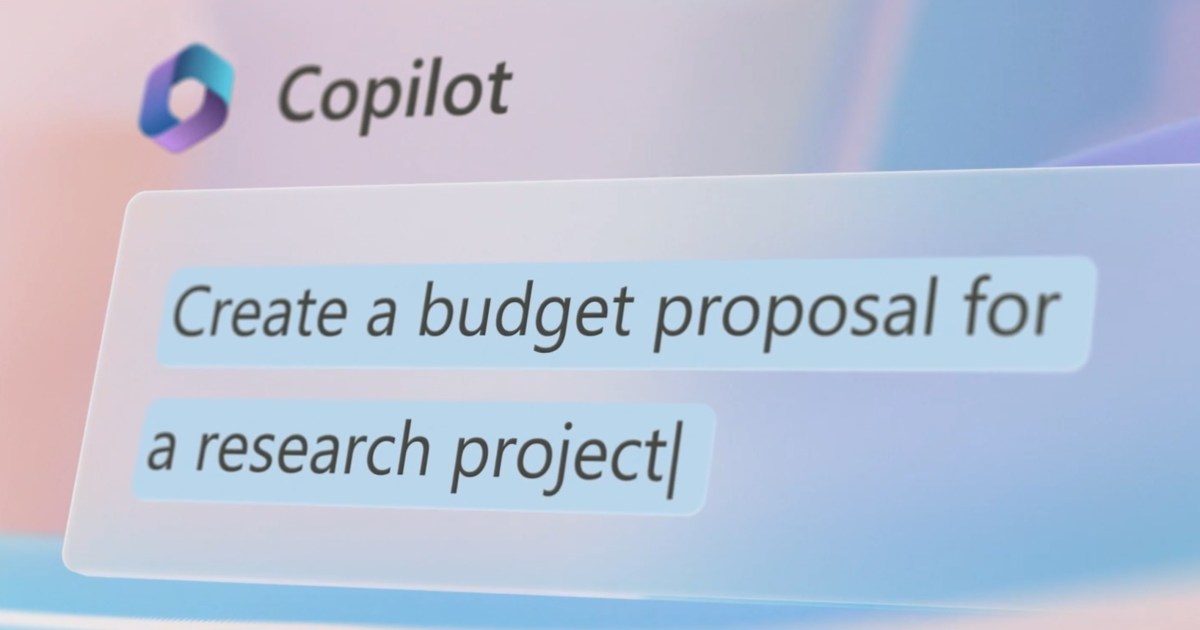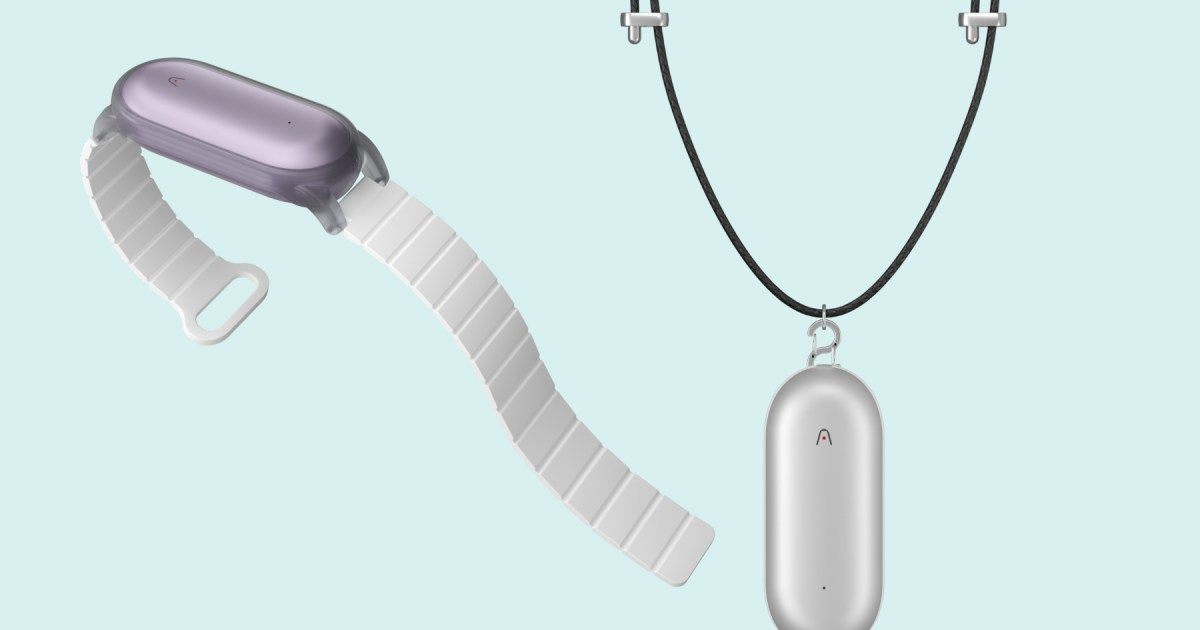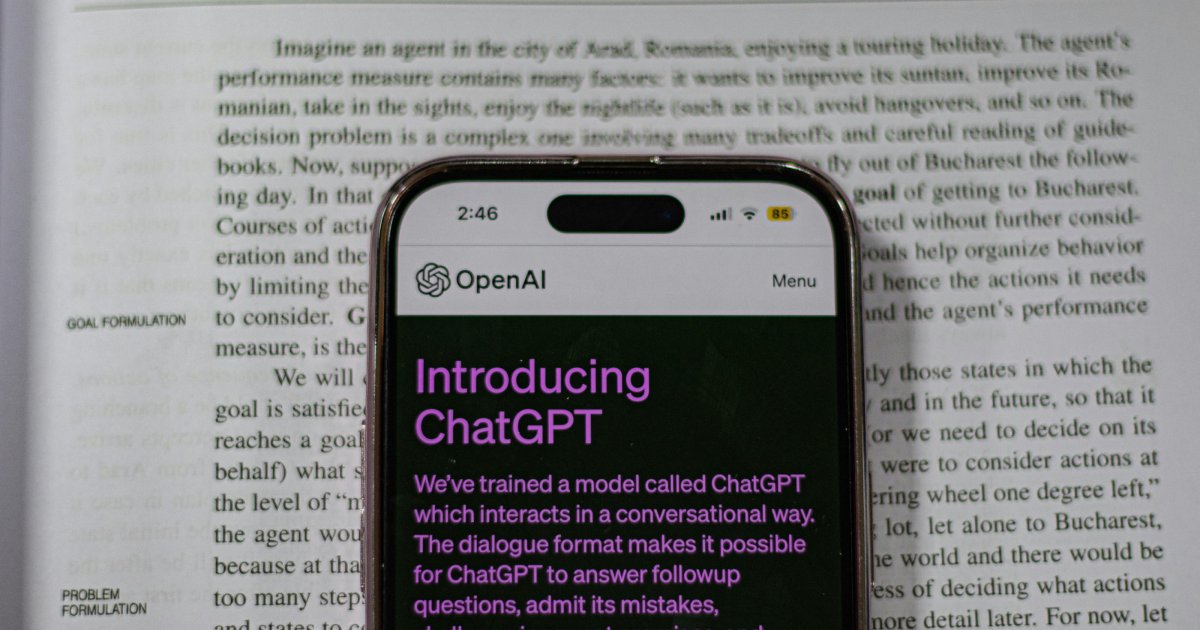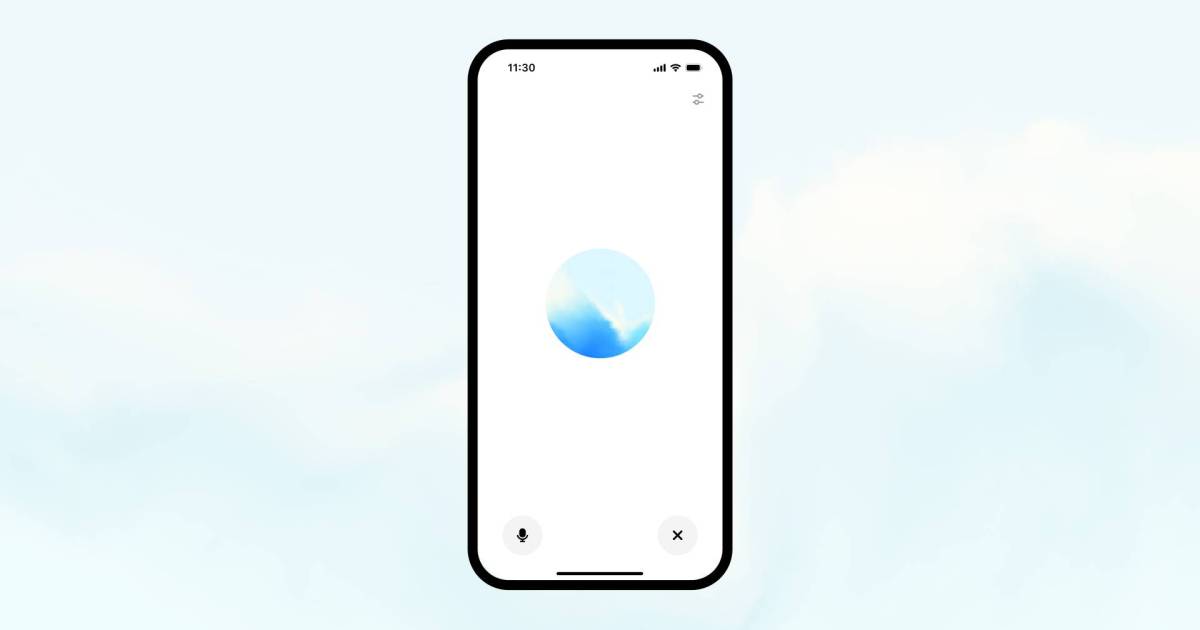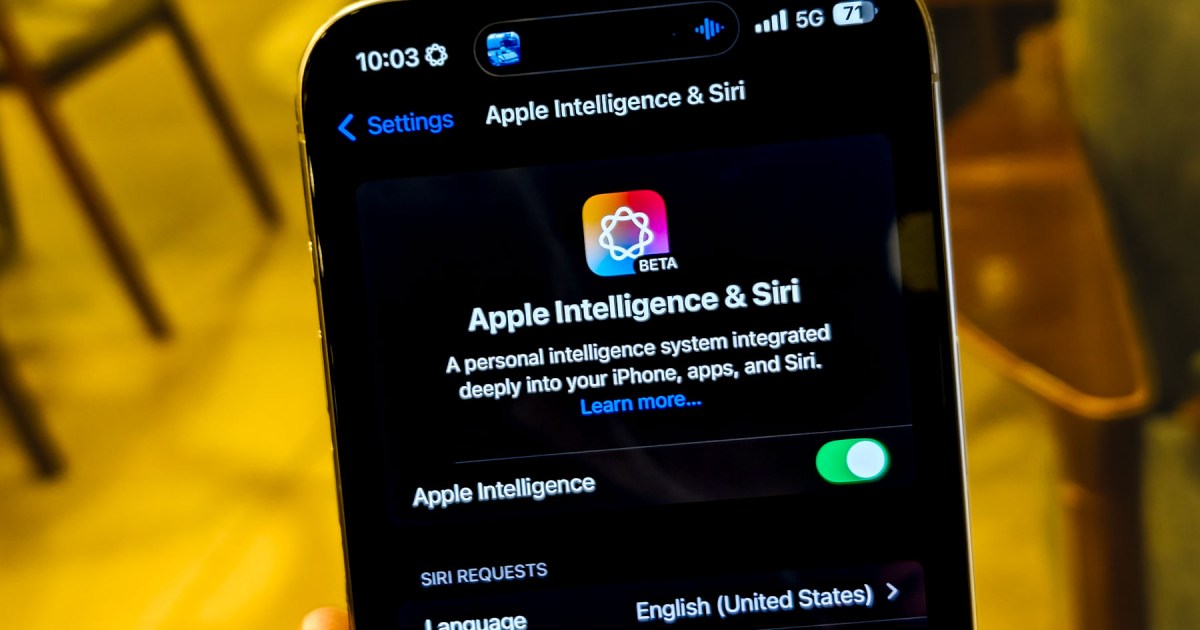Microsoft’s updated Service Agreement, effective at the end of September, emphasizes that its AI Copilot services, including those within Office apps, are not a substitute for professional human advice. This clarification comes as AI-powered agents become increasingly prevalent across various sectors, from customer service chatbots to applications in healthcare and even legal counsel.
Microsoft’s updated terms explicitly state that “AI services are not designed, intended, or to be used as substitutes for professional advice.” This serves as a crucial reminder that while convenient, chatbot responses should not be taken as definitive or authoritative. The company highlights its health bots as a specific example, cautioning that these tools are not intended to replace professional medical advice, diagnosis, or treatment. Microsoft explicitly disclaims responsibility for any decisions users make based on information received from its health bots.
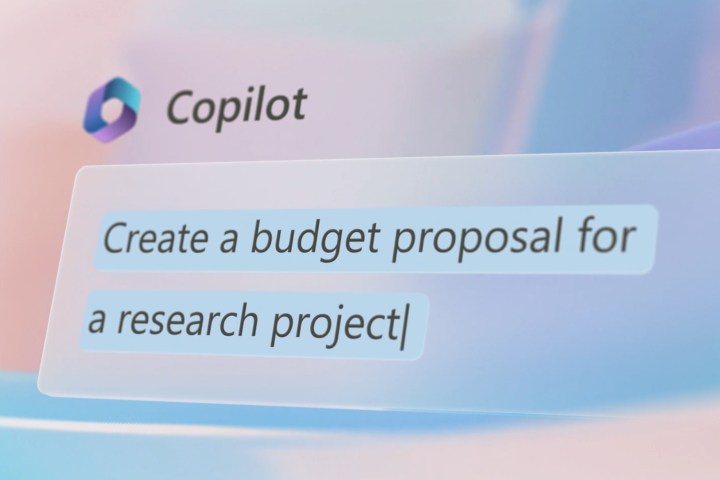 Microsoft Copilot allows you to ask an AI assistant questions within Office apps.
Microsoft Copilot allows you to ask an AI assistant questions within Office apps.
Beyond general guidance against replacing human expertise, the revised Service Agreement also outlines prohibited uses of Microsoft’s AI services. Specifically, users are barred from employing web scraping or data extraction techniques to collect data from the AI services, unless explicitly permitted. Furthermore, reverse engineering the models to expose weights or utilizing the data to train or enhance other AI services is strictly prohibited. The agreement clearly states that users may not attempt to discover the underlying components of the models, algorithms, or systems, including extracting model weights or any part of the AI services from their devices.
This move by Microsoft reinforces their longstanding concerns about the potential misuse of generative AI. As their AI products like Copilot become more integrated into everyday workflows, these new terms of service appear to establish legal safeguards for the company and provide clear guidelines for users.
In conclusion, Microsoft’s updated terms underscore the importance of relying on human expertise and provide critical boundaries for AI usage. While AI tools like Copilot offer valuable assistance, they should be viewed as supplementary tools rather than replacements for professional judgment. The company’s proactive approach in defining these limitations aims to promote responsible and ethical AI adoption.



